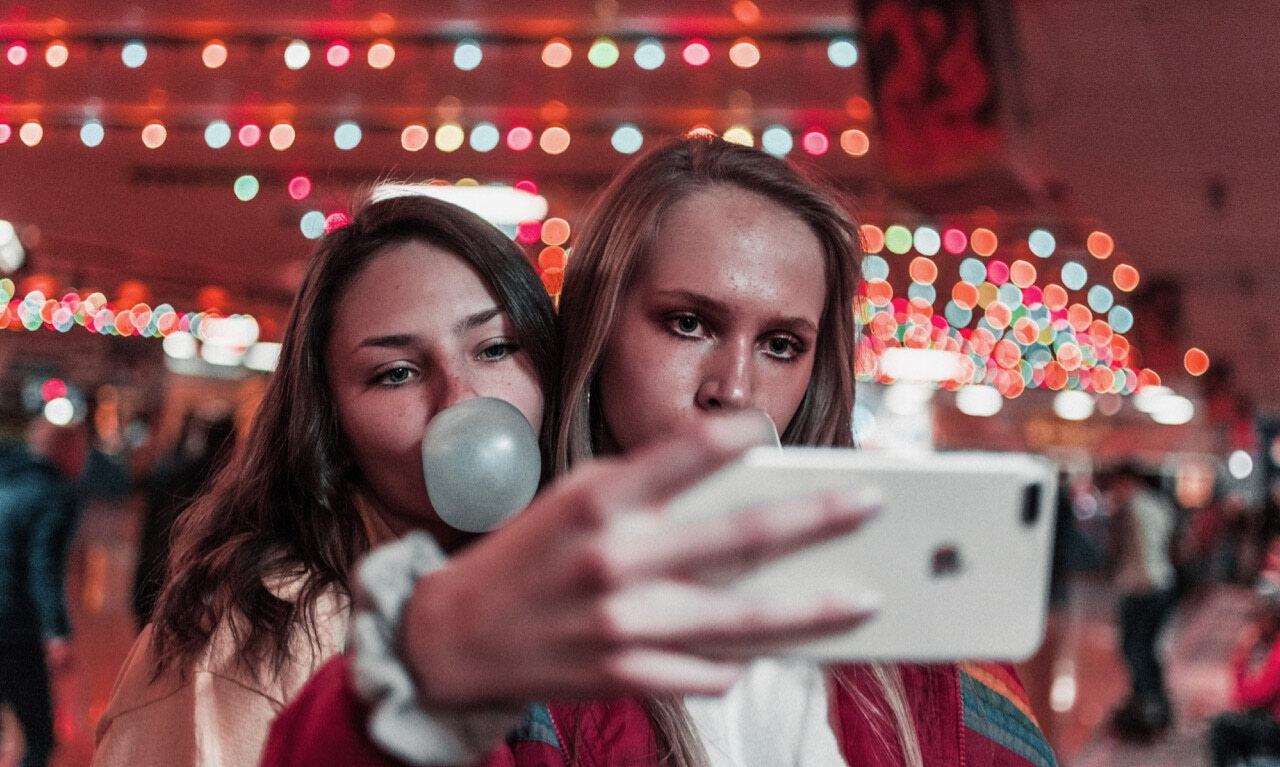Social Media, Instagram and Disappearing Privacy
At the end of a presentation I gave in Vancouver this past Saturday, I got a question from a person in the audience that got me thinking about the world we live in today and how privacy, to a large degree, has been eroded.
Although people on social media say they want their privacy, (but still tell the world about everything they're doing), what about the people who don't want to be on social media? Are there issues if people who want to remain anonymous, end up getting photographed, or as part of a video that ends up on social media?
As Instagram continues to surge in popularity, is our privacy disappearing just as quickly?
A Question of Privacy
I was in Vancouver last weekend speaking to the BC Pharmacy Association Conference. I did Saturday’s opening keynote and my presentation was called Surviving a Social Media Meltdown: Are You Ready if it Happens to You?
The presentation is about the downside of social media and how companies and organizations need to be better prepared to deal with damaging brand and reputation issues that can occur from a social media or PR meltdown.
I saved some time for questions after my presentation and one pharmacist asked whether she should have handled a recent situation differently. She said she was doing an immunization for a patient in her pharmacy and as she was doing it, the man whipped out his phone and started taking video of the shot he was getting.
She said she wasn’t sure what to do and allowed him to shoot video. However she said, people in a pharmacy have the right to as much privacy as possible, and she had no way of knowing if anyone else was caught on video as he was using his phone. In addition, she wondered were there issues of having somebody taking video of such a procedure? It was definitely a concern for her and it’s easy to see why.
Pharmacists have strict codes of operation to adhere to and people who enter drug stores have a right to demand as much privacy as possible. Not everyone in the public understands that and the man likely just wanted to post video of his immunization on Facebook or Instagram. To him it was no big deal. To the druggist it was, or at least it could have been if somebody had complained about their privacy being invaded.
Who Calls the Shots?
I suggested to her now that she knows this is a possibility to put up signage in the area that makes it clear that taking photos or shooting video in the store, or that part of the pharmacy, isn’t permitted. When somebody tries it the next time, they should be stopped and told it’s not permitted and an explanation should prevent a similar situation, certainly if there’s signage in the area to point to.
The basic rule of thumb when it comes to anyone shooting video or taking photos is, if they’re taking it from a public place, they’re generally allowed to take whatever images they want. As soon as they enter a private location, the rules change and the owner or operator of that location can call the shots.
I tell companies that I do media training for; that members of the news media are entitled to stand on a public sidewalk or roadway and shoot whatever video or interview anyone they want. As soon as they enter private locations, they need approval. I’m sure there’s lots of grey area and I’m not a lawyer, but in simple terms that’s how it works.
Incredible Timing on Twitter
Here’s some numbers that will jar you. 95 million photos and videos are shared on Instagram every day. Over 40 billion photos and videos have been shared on Instagram since it started operations, just a few years ago. Those are staggering numbers.
I wonder how many have caused some sort of issue. Perhaps it could be a privacy concern like the pharmacist talked about, or maybe it was just someone who wasn’t thrilled about getting their picture taken, especially if it was going to end up on somebody’s social media account?
Then there are people in the background as selifies are taken. Do they want to be in somebody else’s photos are that posted online? As I was writing this blog, I paused for a moment to check Twitter. I was amazing by the timing because a young women had posted four selfies from her university graduation and in one of them you could clearly see three other people in the background. Did they give their consent to be photographed? Do they need to?
There are bigger issues to worry about today, but my point is, regardless of where you are, you probably have people around you who don’t want to be in your photos or videos. It could relate to personal privacy, or maybe it just gets down to respecting one another’s wishes?
Get My Blog Like Clockwork
Sign up to receive my blog every Wednesday morning and get my e-book Bulletproof Your Brand for free.


Commentary